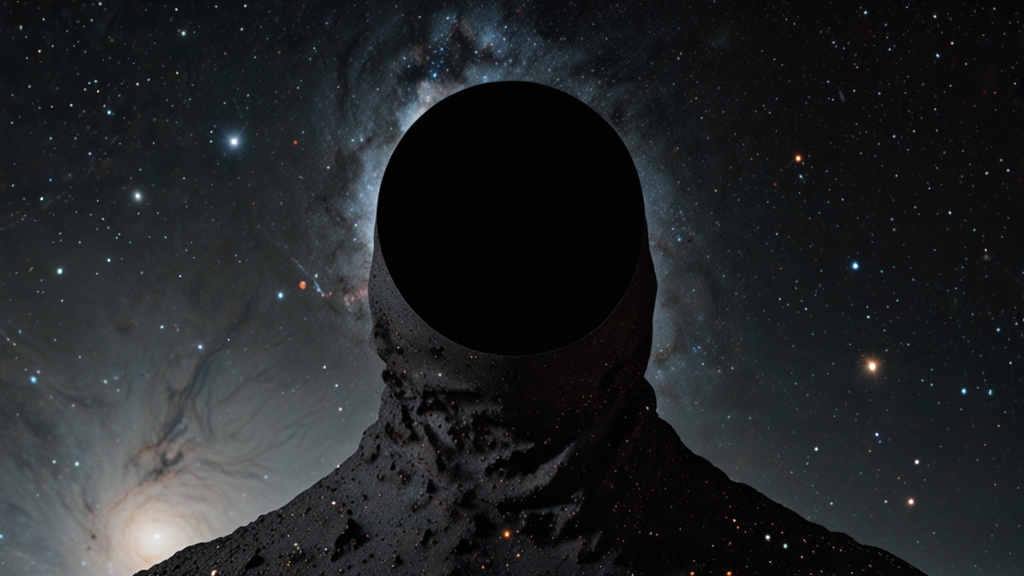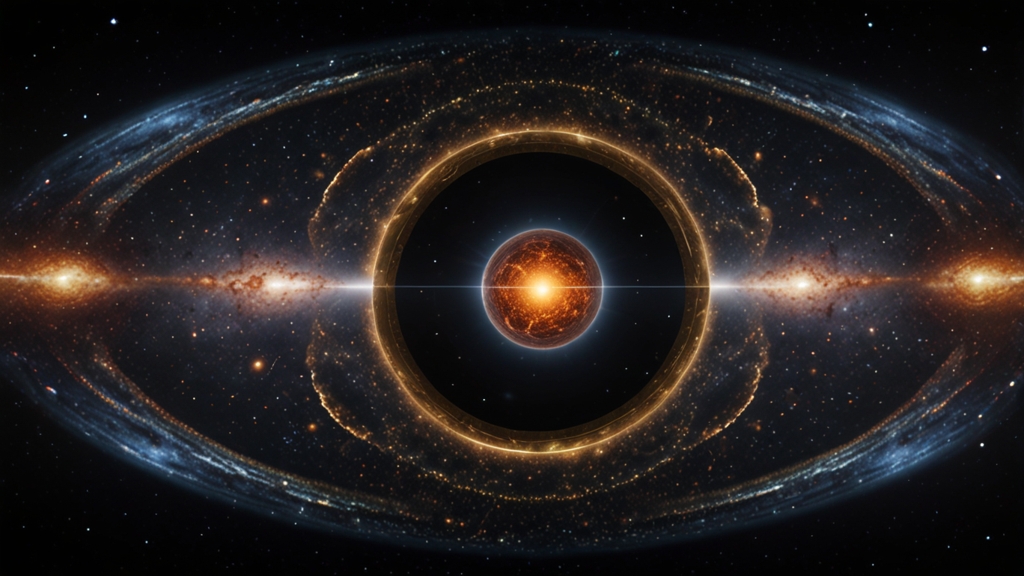The Secrets of the Universe: What Black Holes Can Teach Us About Time
The universe is a vast, mysterious expanse, teeming with phenomena that baffle even the most brilliant minds. Among these, black holes stand out as one of the most enigmatic and fascinating features. Not only do they challenge our understanding of physics, but they also offer profound insights into the nature of time itself. By studying black holes, scientists are uncovering secrets that could potentially alter our comprehension of the universe.
The Nature of Black Holes
Black holes are regions in space where the gravitational pull is so intense that nothing, not even light, can escape from them. This intense gravity results from a significant amount of mass being compressed into an incredibly small space, typically after the collapse of a massive star. The boundary surrounding a black hole is known as the event horizon. Once anything crosses this threshold, it is irrevocably sucked into the black hole.
At the core, or singularity, of a black hole, the laws of physics as we know them cease to operate. The density becomes infinite and the concepts of space and time start to warp. This is where black holes become not just a celestial curiosity, but a key to understanding the deeper layers of reality.
Time Dilation Near Black Holes
One of the most thrilling aspects of black holes is their effect on time. According to Einstein’s theory of General Relativity, the strong gravitational field near a black hole can significantly slow down time. This phenomenon, known as time dilation, means that time moves more slowly for an object closer to the black hole compared to one further away.
“An astronaut finding themselves near the event horizon of a black hole would experience time at a drastically slower rate compared to their counterpart far away in space. Minutes may pass for the astronaut, while years, centuries, or even millennia could pass for someone observing from a distant point.”
This effect has been observed in less extreme conditions, such as on Earth, where time moves fractionally slower at sea level compared to the top of a mountain due to the slight difference in gravitational forces.
The Information Paradox
Black holes also pose intriguing questions about information in the universe. When an object falls into a black hole, what happens to the information it carries? According to classical physics, the information is lost. However, this contradicts the laws of quantum mechanics, which state that information cannot be destroyed.
This conundrum is known as the Information Paradox. Resolving it could bridge the gap between General Relativity and Quantum Mechanics, two cornerstones of modern physics that, as of now, seem irreconcilable.
Wormholes and Time Travel
Another captivating idea tied to black holes is their potential connection to wormholes—hypothetical passages through space-time that could create shortcuts for long journeys across the universe. Some theories propose that black holes might be the entrances to these wormholes.
“If wormholes do exist and can be stabilized, they might allow for time travel. The concept suggests that an individual could enter a black hole, traverse through a wormhole, and emerge in a different part of space or time.”
While this remains speculative and firmly within the realm of science fiction for now, the mere possibility continues to ignite the imagination of scientists and fiction enthusiasts alike.
The Continued Quest
The study of black holes is far from over. With advancements in technology and the recent success of projects like the Event Horizon Telescope, which captured the first-ever image of a black hole, our understanding continues to grow. Future discoveries hold the promise of not only deepening our knowledge of black holes but also possibly unlocking the secrets of time and the very fabric of the universe.
In conclusion, black holes are more than just cosmic vacuum cleaners swallowing everything in their path. They are laboratories for some of the most fundamental questions in physics, offering insights into the nature of time, the conservation of information, and the potential for time travel. As we continue to study these mysterious entities, we edge ever closer to comprehending the true nature of the universe.








